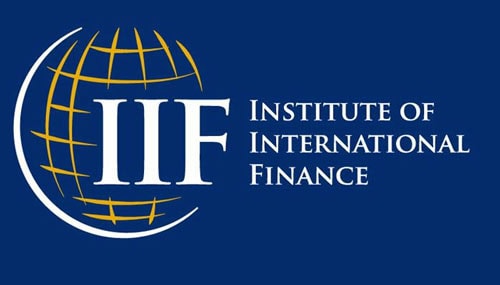Observer Report Islamabad
Global debt declined for the first time in 10 quarters by $1.7 trillion to $289 trillion in the first three months of 2021, according to the Institute of International Finance (IIF).
However, despite the dip in the first quarter, total global debt is still up $30 trillion or 12 percent since the end of 2019, and now stands at more than $288 trillion as countries grappling with widening fiscal deficits and the impact of Covid-19 on their economies continue to borrow amid low interest rates, the IIF said in its latest Global Debt Monitor.
The drop in debt was entirely driven by mature markets, where total debt dropped $2.3tn to below $203tn.
However, debt in emerging markets rose slightly by $0.6tn in Q1 to a record high of more than $86tn, the IIF said.
Governments and central banks globally have provided more than $12tn in monetary and fiscal support since the outbreak of the Covid-19 pandemic.
Interest rates have been cut and liquidity injections and asset purchases by central banks have helped prevent a financial meltdown.
However, governments are still looking at widening fiscal deficits amid an uneven global economic recovery.
The ratio of global debt-to-GDP increased only one percentage in Q1 2021, to just over 360 per cent of GDP compared with a surge of 35 percentage points to over 355 per cent in 2020 the IIF said.
Greece, Singapore and Spain recorded the sharpest increases in debt-to-GDP ratios since the onset of the pandemic, though the pace slowed in the first quarter of 2021, the report said.
Denmark, Slovenia, Estonia, Finland, Lithuania and the US were the only mature markets that recorded a decline in debt ratios in Q1, the IIF added.
Emerging government debt-to-GDP ratio surged from 52 per cent in the fourth quarter of 2019 to about 60 per cent in Q1 2021.
However, the increase in government debt ratios has been sharper in mature markets to near 135 percent of GDP from 110 per cent over the same period.
The IIF report said that pandemic-related spending increases and revenue losses have made debt service a greater burden for many emerging markets, including Philippines, South Africa, India, Indonesia and Turkey.










